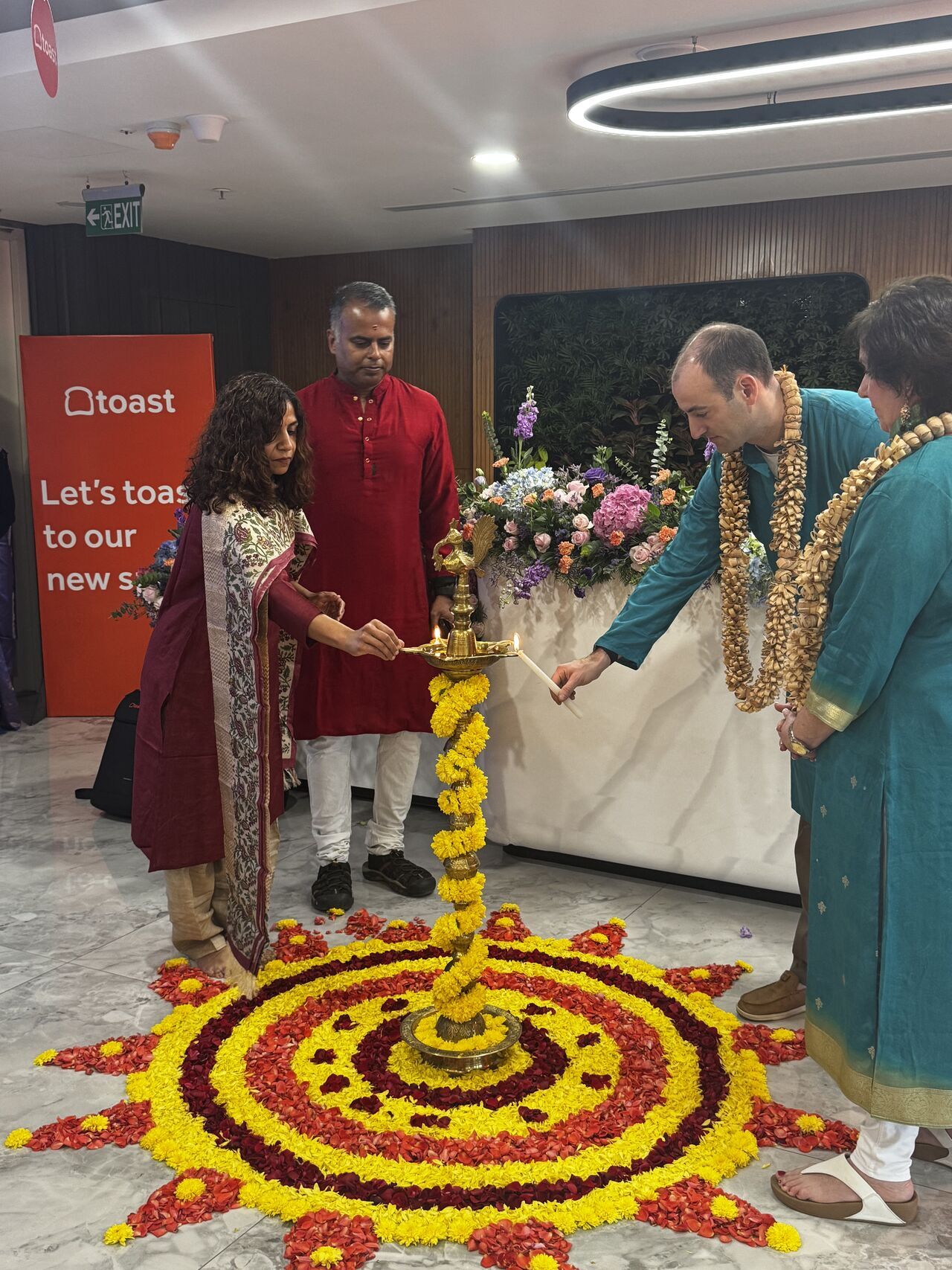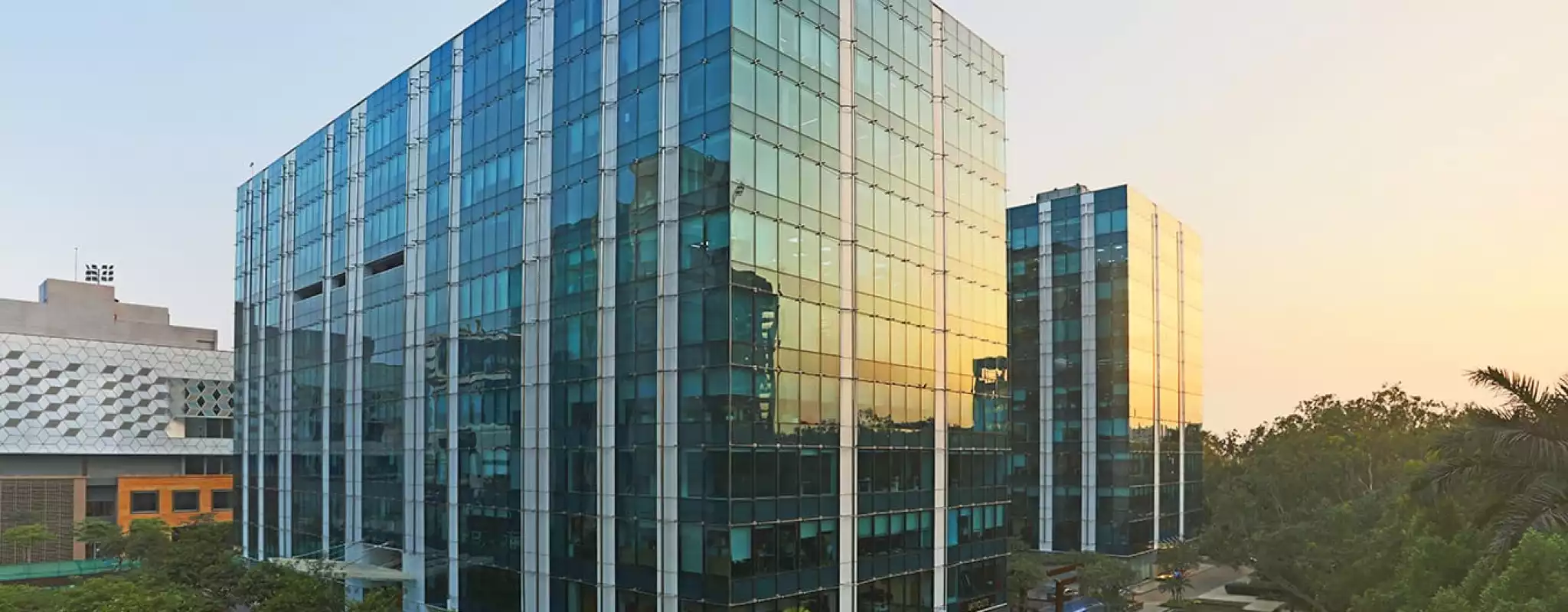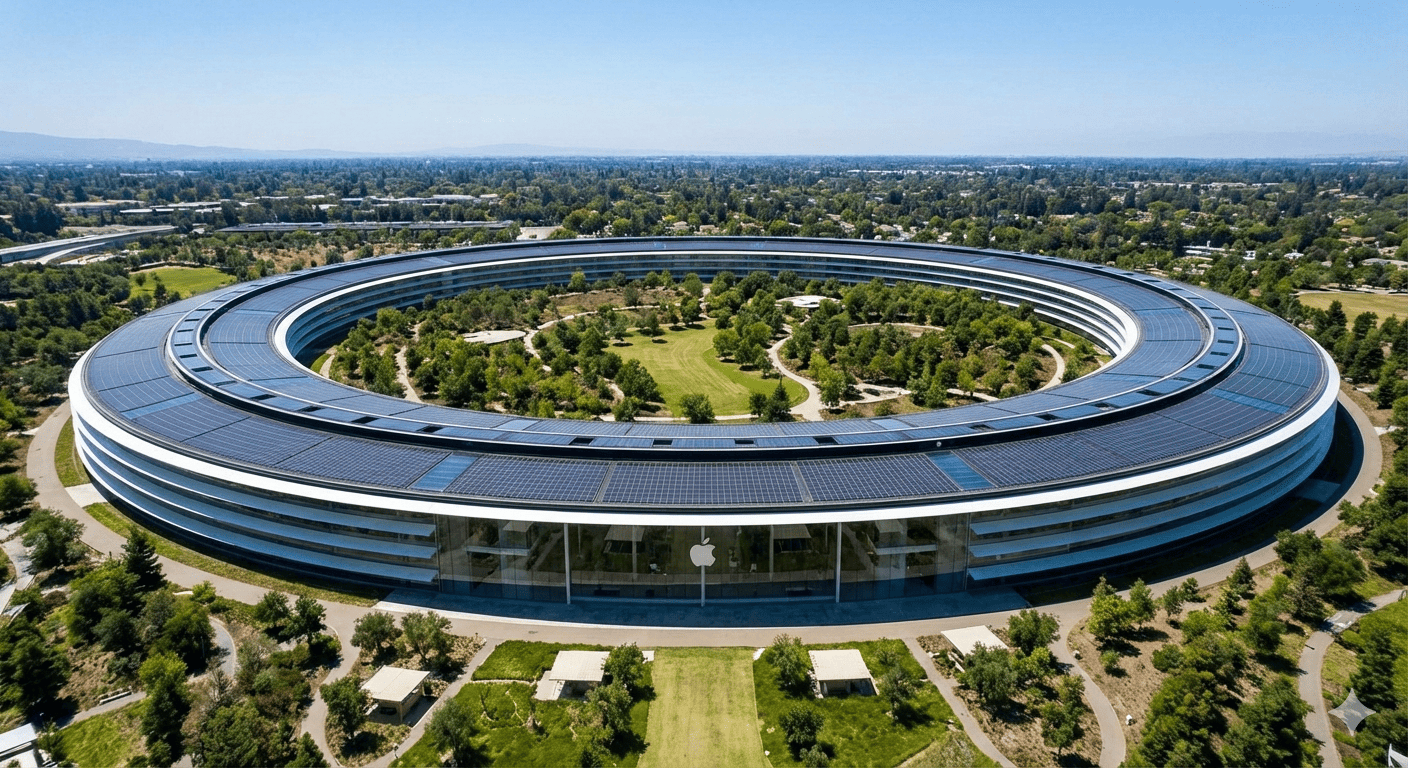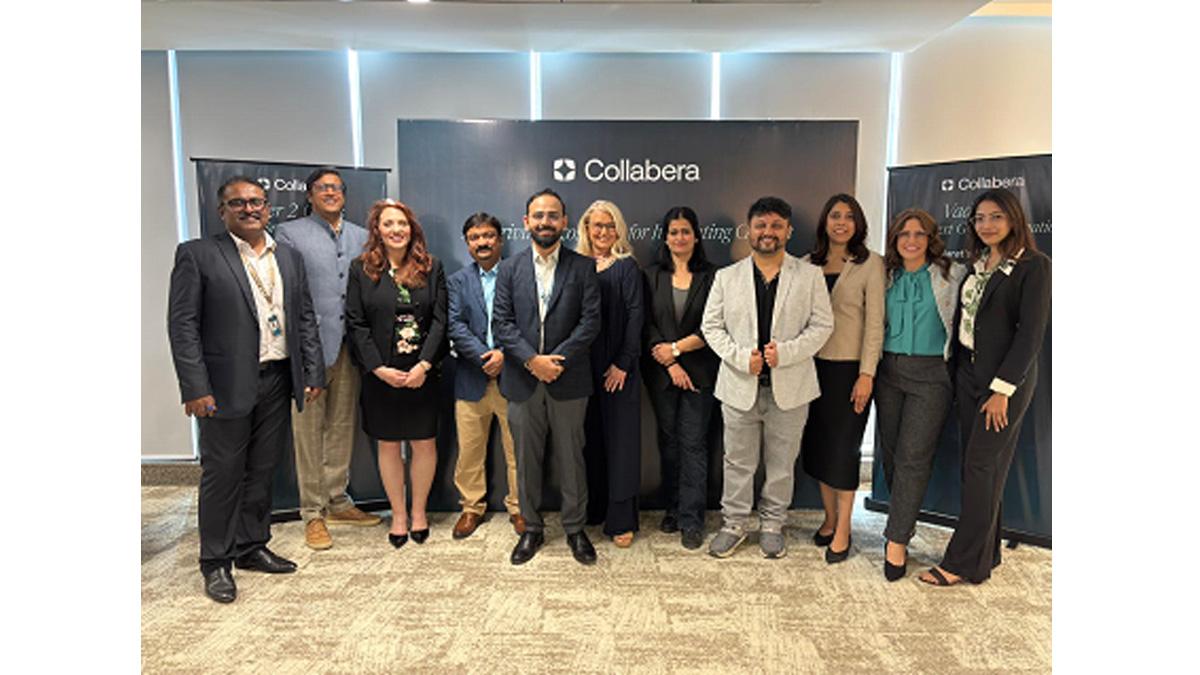- Scaled talent pools ready for AI and automation,
- Steadily improving productivity, and
- A “follow-the-sun” model that shortens European cycle times without compromising quality.
The Scale and Scope Story: India as a Production, Engineering, and Services Hub
Here’s how each sector contributes to the transformation
1. IT & Digital Services — Operating at Indian Scale
The French IT giant is one of India’s largest private employers, with over 175,000 employees in India. Capgemini’s acquisition of WNS strengthens its “intelligent operations” footprint in AI and analytics.
Societe Generale:
Through its Global Solution Centre (GSC) in Bengaluru and Chennai, the bank supports operations across Corporate and Investment Banking, Retail, and Global Markets. It also launched an IFSC Banking Unit at GIFT City in 2025.
BNP Paribas:
With 14,000+ employees across Bengaluru, Chennai, and Mumbai, BNP’s India network integrates local business units with global delivery centers. Its new 145,000 sq. ft. Thane facility underlines long-term growth.
AXA Global Business Services:
Celebrating 30 years in India, AXA GBS now supports 35+ entities in 14 countries — shifting from transactional work to automation and data-led delivery.
Orange Business:
Orange operates six global service centers, positioning India as a key base for connectivity, cloud, digital workplace, SIP voice, and co-innovation — essential functions for its worldwide GCC ecosystem.
2. Engineering, Design, and Product Development — India as a Global R&D Core
Headquartered in Chennai, Valeo runs eight production sites and a major Global Technical Centre, employing nearly 6,000 people (3,500 engineers). The center drives R&D in EV technologies and cybersecurity.
Renault Nissan Technology & Business Centre India (RNTBCI):
With 10,000+ employees, RNTBCI supports global programs from Chennai, accelerating product engineering and software loops for vehicles sold in Europe.
Dassault Systèmes:
Its Pune R&D campus and 3DEXPERIENCE Lab fuel advanced simulation and startup innovation, serving global customers from India.
ALTEN:
The engineering and digital transformation leader has 8,700+ engineers across 11 delivery centers in India — supporting aerospace, rail, and life sciences projects worldwide.
Thales:
With competence centers in Noida and Bengaluru, Thales engineers work on cybersecurity, digital systems, and avionics for both civil and defense applications.
3. Industrial & Electrical Equipment — India as a Global Manufacturing and Supply Hub
Schneider Electric:
India is one of Schneider’s four global hubs. The company operates 31 factories and has announced plans to expand manufacturing capacity 2.5–3x, making India central to its R&D and supply-chain ecosystem. Its Hyderabad smart factory is recognized by the World Economic Forum as a Sustainability Lighthouse.
Alstom:
Alstom’s Madhepura and Sri City sites produce locomotives and metro trainsets for both Indian and export markets — reinforcing India’s role in its global supply network.
Safran:
Operating across 18 sites in India, Safran employs over 2,600 people and is investing €150 million in one of its largest engine MRO facilities in Hyderabad.
Airbus:
With 3,600+ employees and sourcing over €1 billion annually from India, Airbus plans to expand to 5,000 employees, deepening partnerships such as the C295 aircraft project with Tata.
Building a Resilient Europe–India GCC Model
Their approach combines:
- Localized leadership and long-term investment in Indian talent,
- Integration of R&D, engineering, and operations, and
- 24x7 collaboration models that deliver both speed and quality.
Conclusion: From Cost Advantage to Capability Powerhouse
Today, India stands as a springboard for French innovation — hosting some of the world’s most advanced Global Capability Centers across technology, engineering, and manufacturing.
Visit Our News section and follow us on LinkedIn and Twitter
Read more full news: Here







